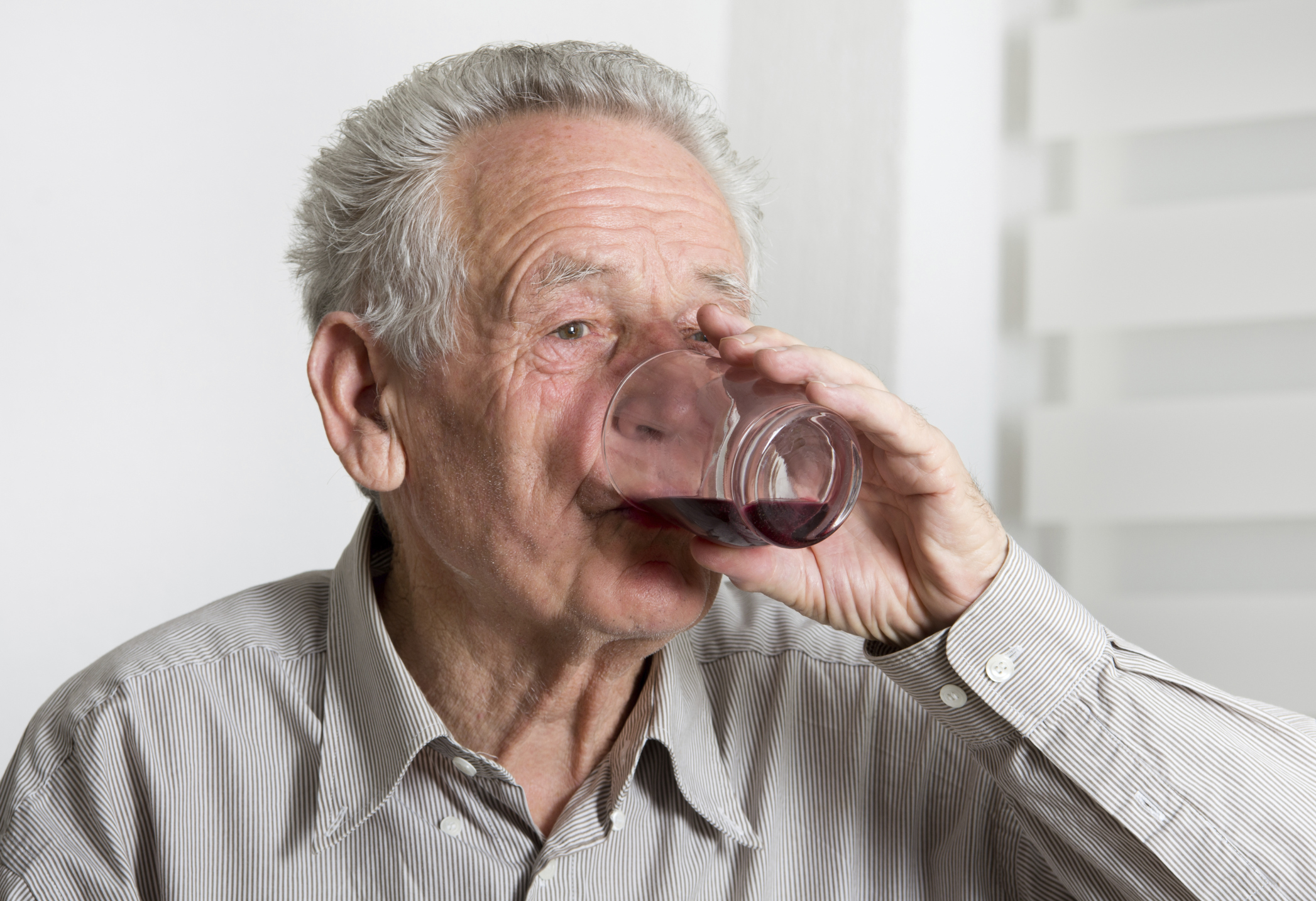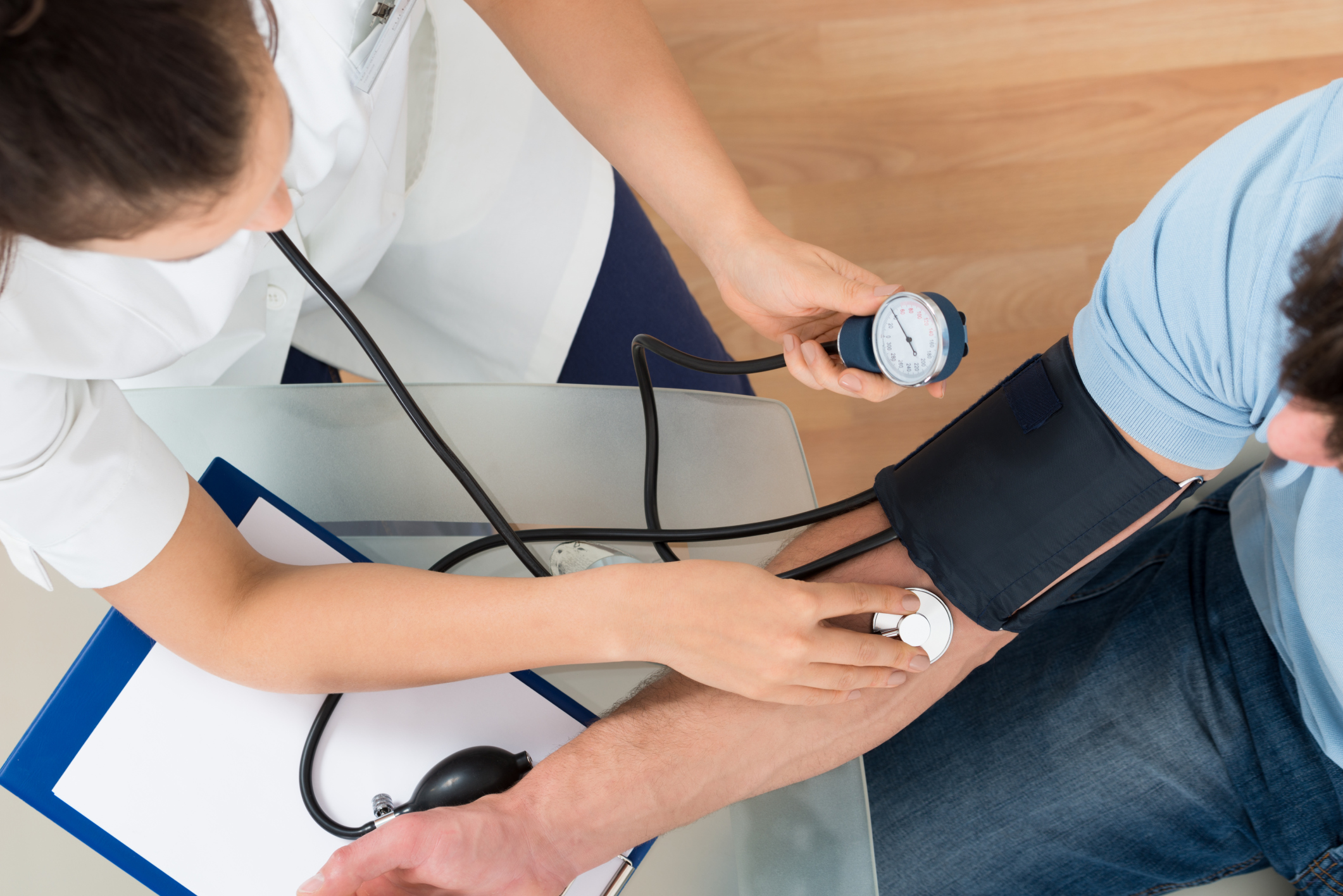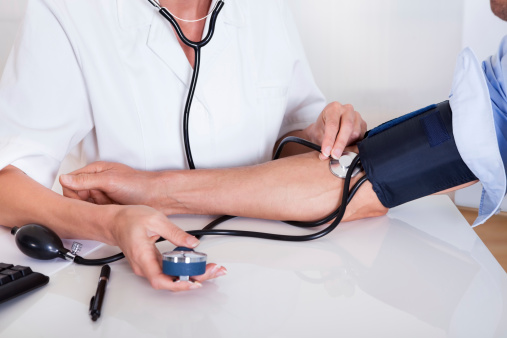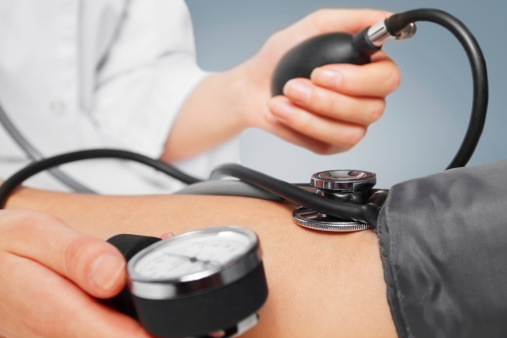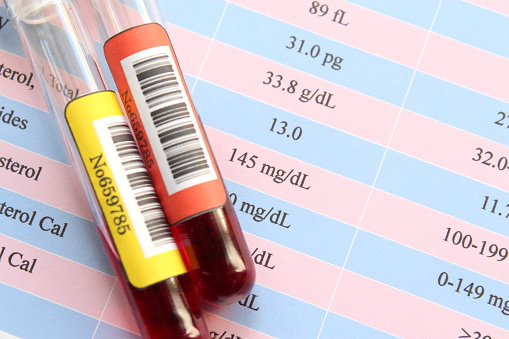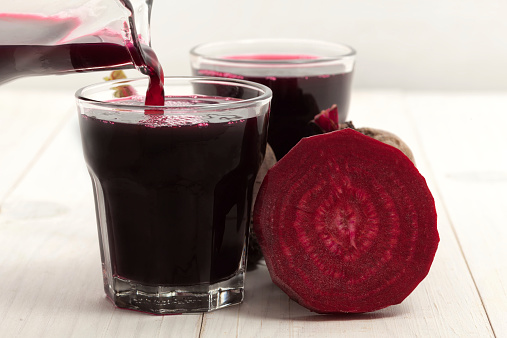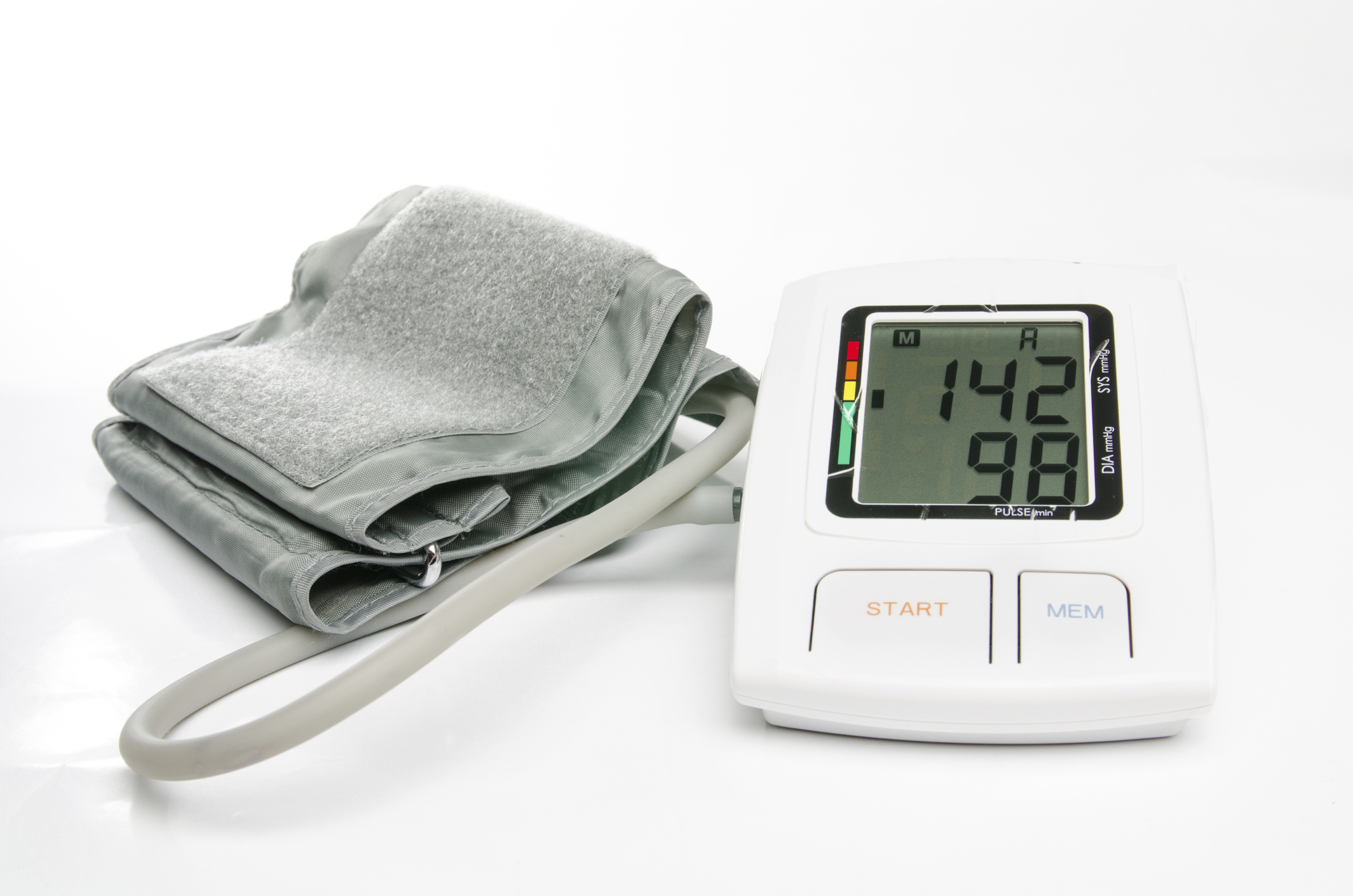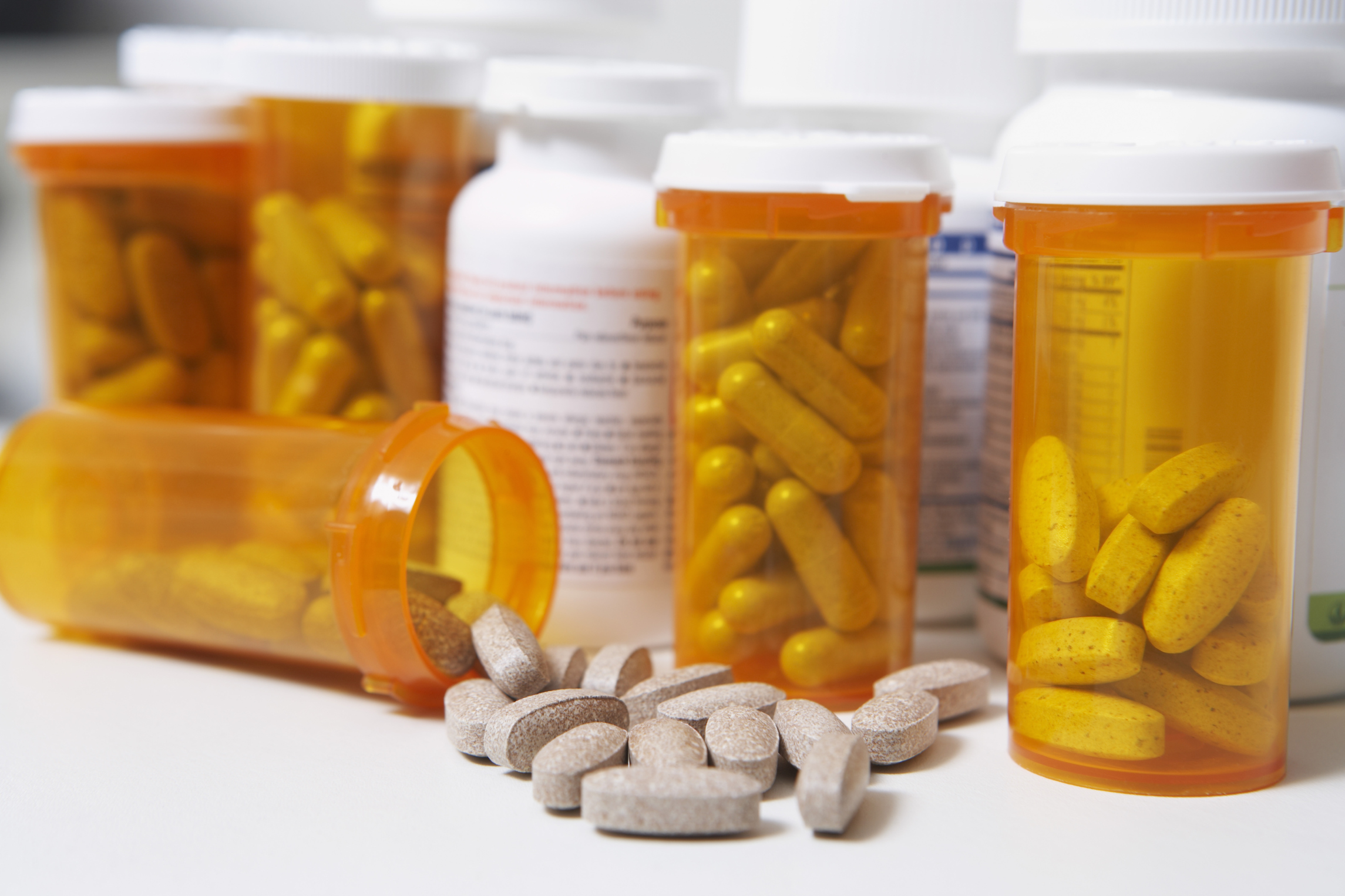High blood pressure and alcohol – a dangerous combination
If you have high blood pressure, every additional ounce of alcohol you drink could be harming your heart. Drinking alcohol with high blood pressure has been found to harm the lower left chamber of the heart, which is responsible for pumping blood to the rest of the body. Lead researcher Dr. Leonardo Sechi said, “Because ...click here to read more

